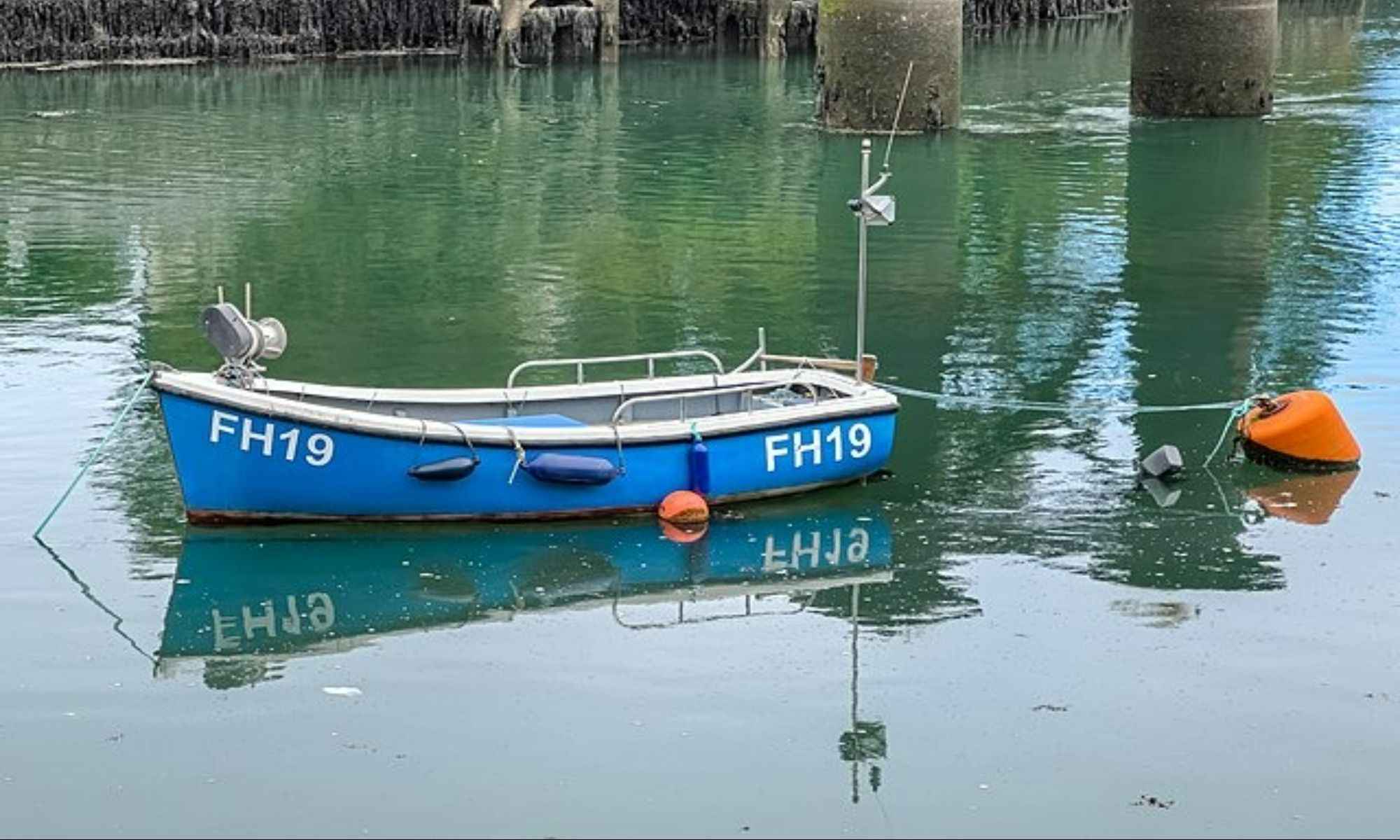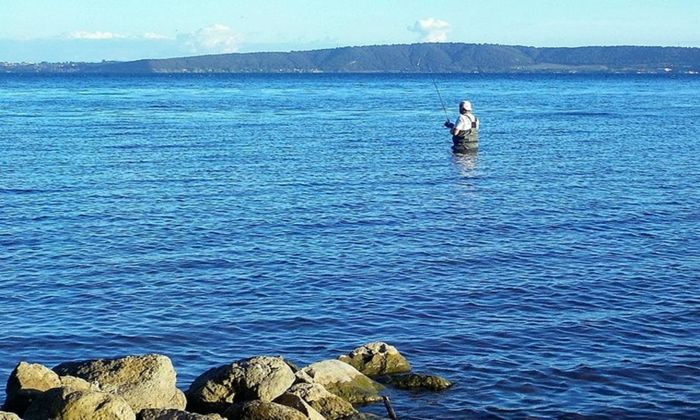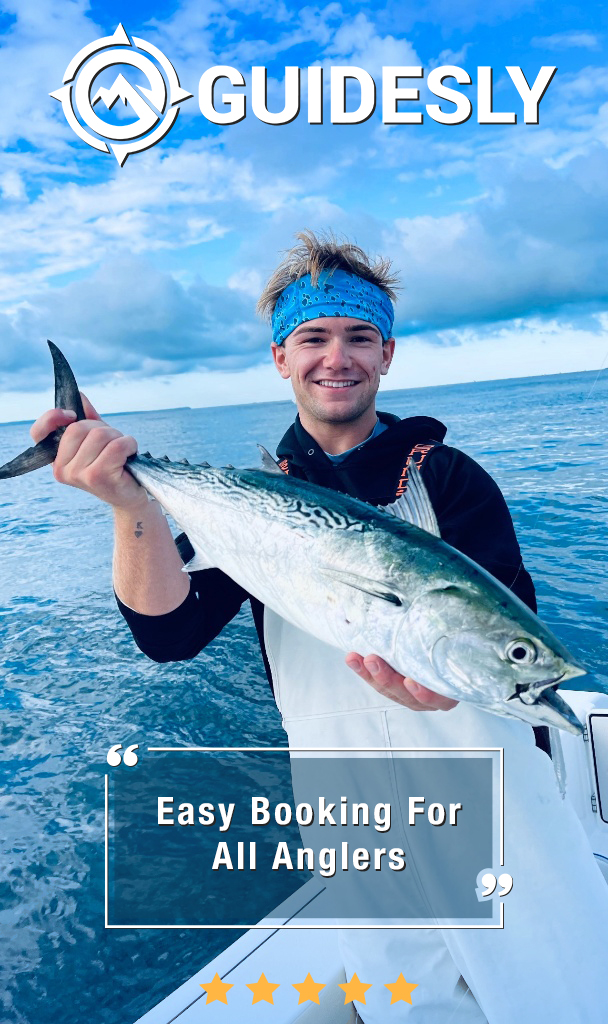5 Ways To Catch More Fish at the Lake
Here are some tips to increase your productivity when you're fishing in lakes.

To catch more fish, you don't need a lot of experience. All you need to increase your chances of success is a rod and reel, some baitfish, or lures. However, it doesn’t hurt to have some tips in hand to help you reel in more, and who knows, maybe even bigger fish. Below are five ways to catch more, especially when fishing in lakes.
1. Use the Right Bait

Use baits or lures that can be fished down the bottom close to ledges or drop-offs while fishing for largemouth bass in a man-made reservoir or pit. Jerkbaits, lizards, and soft-plastic worms are all good choices. Natural freshwater fishing baits, worms, leeches, minnows, crayfish, crickets, and grasshoppers all work well. Chop baitfish and dough balls are also attractive to freshwater bottom-feeders like catfish and carp.
Unquestionably one of the easiest methods to begin fishing is lake fishing. The United States is home to many productive lakes, and fishing doesn't require any specialized gear. Even experienced saltwater anglers can learn something new from a change of surroundings.

2. Try Out Charter Fishing
Charter fishing on a boat is, without a doubt, the most convenient way to get started in freshwater fishing. You will not only be shown the ropes by an experienced guide but also not be required to purchase any equipment. It is the way to go if you want a family-friendly option. The guide will teach you a thing or two about lake fishing too.
Fishing from a boat has several advantages. To begin with, the most obvious, it allows you to use trolling, which is especially useful when fishing for salmon and trout. In addition, fly fishing from a boat is possible too. Using a boat makes it much easier to reach deeper water, giving you a better chance of success when you are trying to catch either small or big fish.
3. Have the Appropriate Gear
Given the sheer amount of fishing available, we couldn't cover all the gear for the different fisheries. To keep things simple, we'll share a good starting point for bass fishing on almost any lake in the United States.
When you're first starting, don't overcomplicate things. A monofilament line weighing 8 lb will suffice. As for bait, all you need for bass is a worm on a 1/0 circle hook. You can also get some minnows to replace the worms if you want.
These are the absolute necessities for effective bass fishing. You can easily take this to the next level by speaking with a local angler who knows what works best in your specific fishery.
4. Consider Your Location and Timing
Weather conditions can play a significant role in determining the best times to fish. Wind can have a significant impact because it pushes water and surface food to the far shore. Storms also affect fishing success, with feeding increasing in the hours leading up to a cold front but slowing during and after the storm or front passes. On the other hand, a warm front causes surface water temperatures to rise, sending fish into a feeding frenzy.

Cloudy days provide an additional opportunity to fish because fish cruise for food more than on sunny days. Light rain is also one of the best fishing times because it washes insects and baits into the water, causing fish to go on a feeding frenzy.
A fishing calendar can help you target the best times to fish more precisely. These tools use data from your exact location, weather patterns, and other factors, such as tides and moon phases, in conjunction with feeding behavior, to determine when it's best to fish for the species you want to catch.
With so many fishing calendar apps available, you can anticipate increased fish activity and plan your outing accordingly - or even identify a better location to try.
5. Master the Basic Skills and Techniques
Fishing is a sport that can take a lifetime to truly master, but it is critical to start with the fundamentals first. These include hook baiting, proper casting, and the actual reeling of fish. To ensure you're ready to reel in your dream catch, make sure your hook is adequately prepared. Most importantly, secure the hook with the appropriate bait for the fish you hope to catch.
It will take practice to cast your fishing line for proper casting, but new anglers must begin early and practice casting frequently. Further, getting a fish to bite is only half of the battle. Once the fish is hooked, it must be transferred to the boat to complete the catch.
Above everything else, remember that developing patience and perseverance is essential for a successful fishing trip. Practice helps you improve, and there is value in putting in the work to get better at something. And catching lake fish is no exception.




